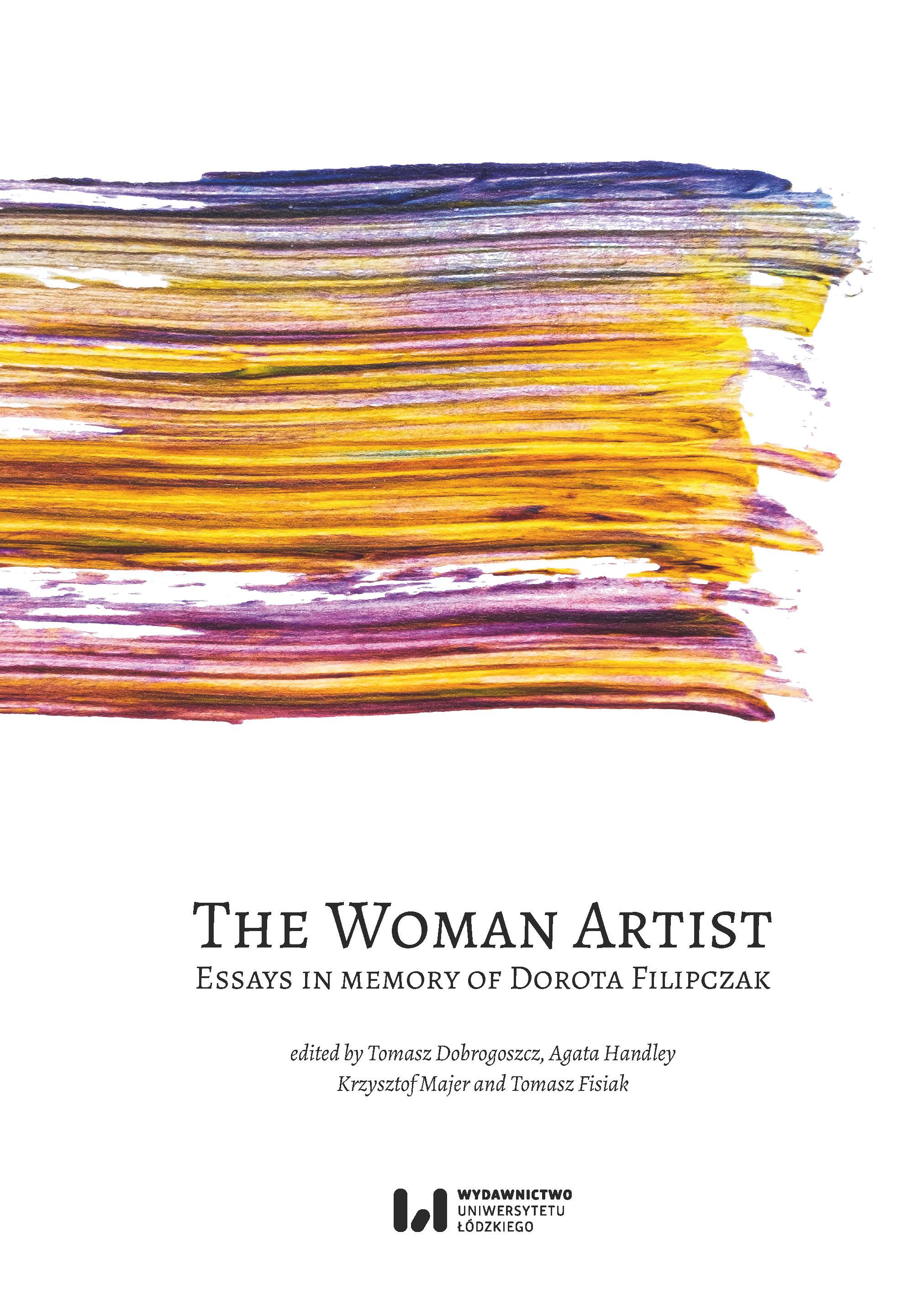Vernacular Architecture: Posthumanist Lyric Speakers in Elizabeth Willis’s Address
Vernacular Architecture: Posthumanist Lyric Speakers in Elizabeth Willis’s Address
Author(s): Mark Tardi
Subject(s): Language and Literature Studies, Studies of Literature, Translation Studies, Theory of Literature
Published by: Wydawnictwo Uniwersytetu Łódzkiego
Keywords: American poetry; posthumanism; witches; feminist poetics; lyric subject
Summary/Abstract: American poet Elizabeth Willis’s award-winning fourth book of poetry Address is a collection inhabited by poisonous plants and witches, tornados and forecasts, bees and blacklists. The opening title poem foregrounds a poetic landscape of diffuse and impalpable lyric subjectivity as Willis writes, “I is to they . . . / the sun belongs to I / once for an instant / The window belongs to you.” These slurry and slippery pronouns in Willis’s poems not only aim to complicate and critique (historical) representations of women, but may also be giving voice to ghosts, hills, months or shoes. Working within the posthumanist framework of thinkers such as Donna Haraway (When Species Meet), Rosi Braidotti (Nomadic Subjects), and others, this essay seeks to examine Willis’s authorial strategy in presenting the lyric subjects of her poems that toggle between the micro- and macro-scales of human and nonhuman, self and world, invisible and imaginary, biological and alchemical, and private vs. political. Willis’s disruptions of voice and syntax offer a poetics of becoming and undoing where “When the ghost is on you, / you don’t even see it happen.” How does Willis’s animate the invisible in her poems, and, as Michael Palmer wonders, “from what site––or address––can [the poem] possible speak in the profoundly unstable currents of our time?”
Book: The Woman Artist: Essays in memory of Dorota Filipczak
- Page Range: 121-130
- Page Count: 10
- Publication Year: 2024
- Language: English
- Content File-PDF

